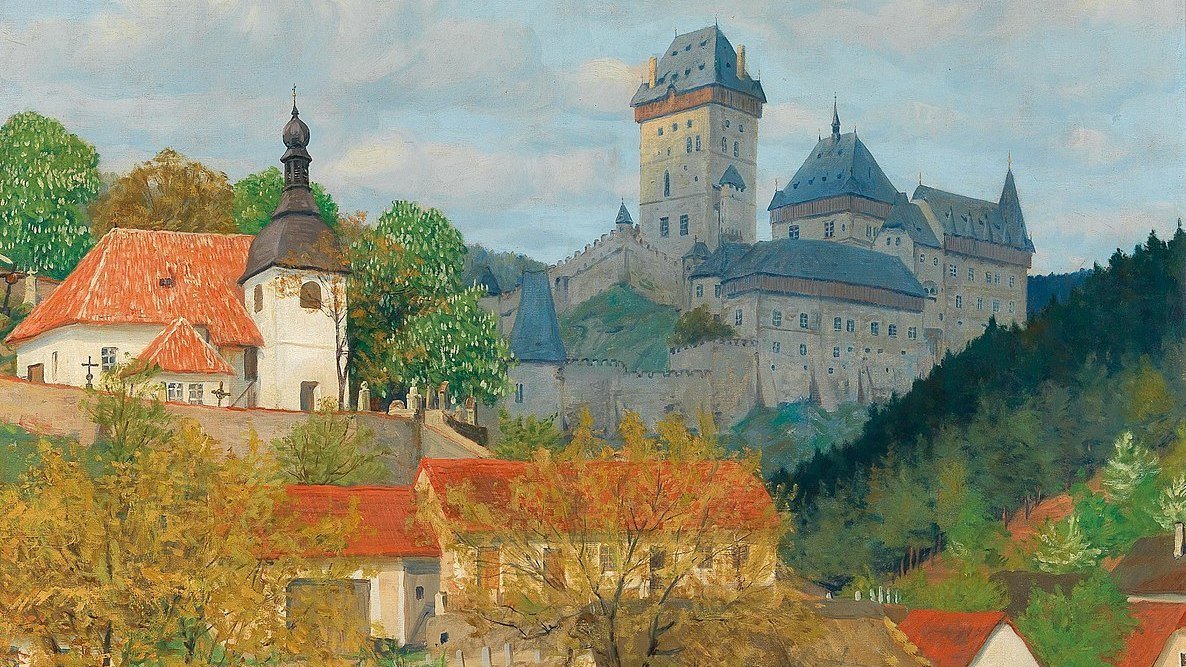Remembering Stephen Gould
Stephen Gould, the world-renowned tenor, passed away on September 19 in Chesapeake, Virginia. After withdrawing from scheduled appearances at the Bayreuth Festival in Germany over the summer, Gould announced that he had been diagnosed with incurable bile duct cancer. He was 61. A leading interpreter of Wagner, Stephen Gould performed regularly at Bayreuth, where he was hailed as the “Wagner Marathon Man.” Following a musical theater stint which included a Broadway touring …







